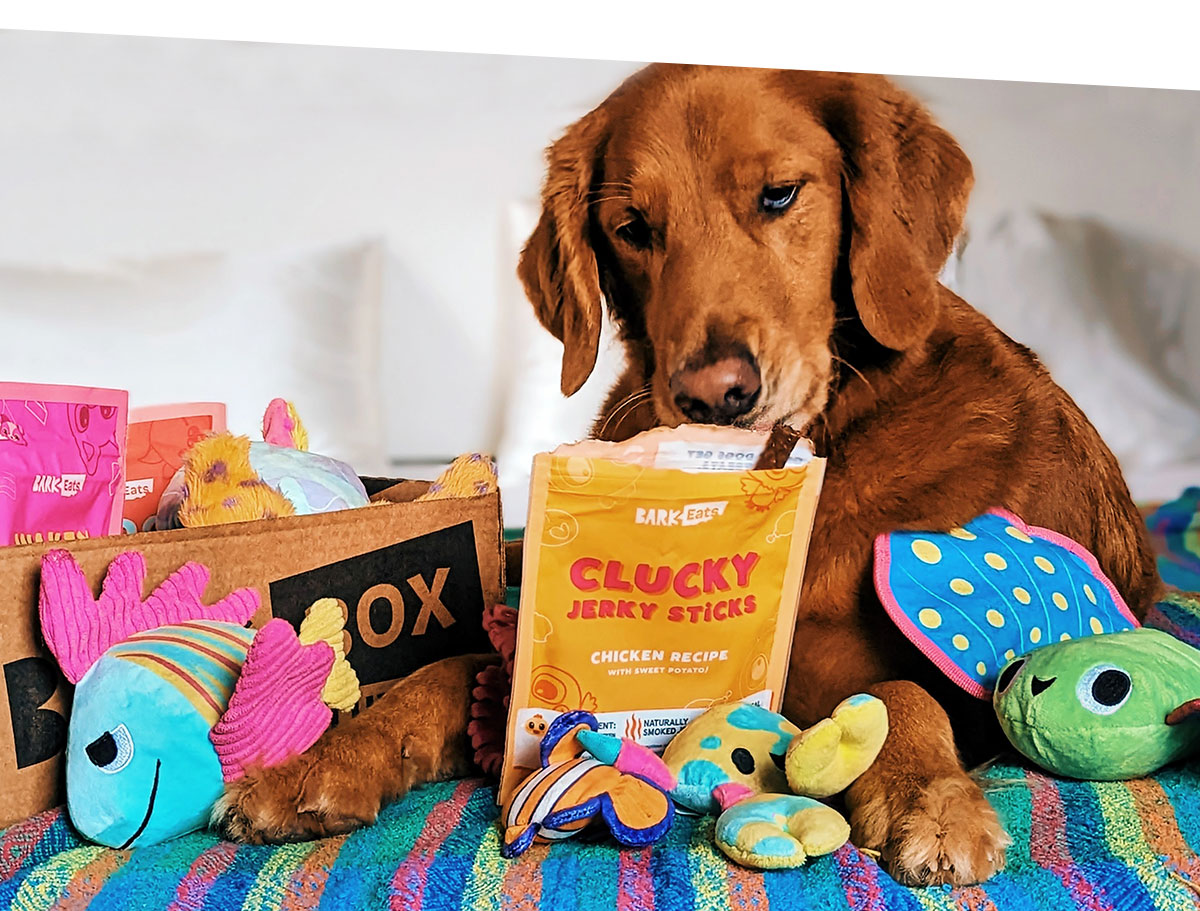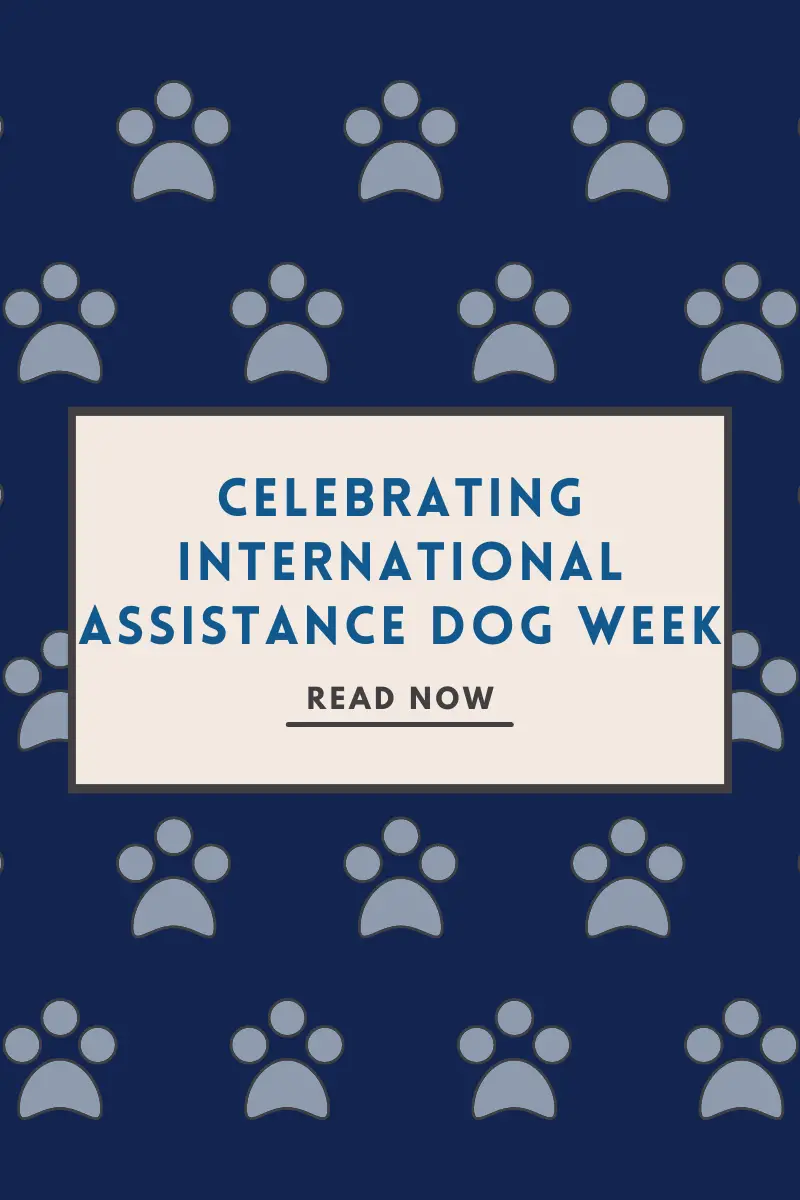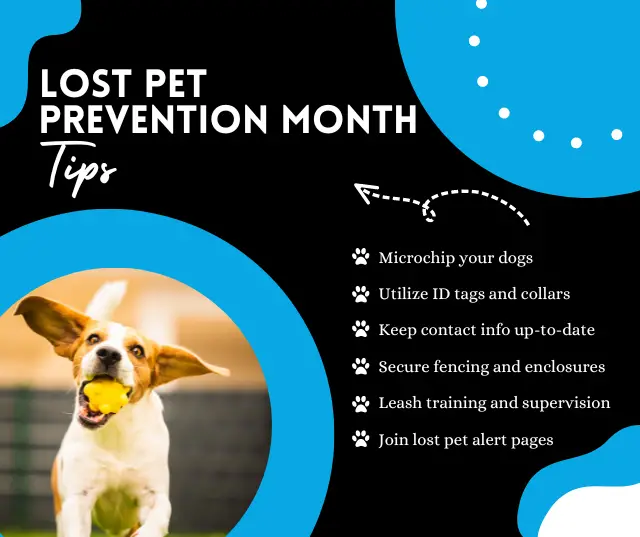Toy Poodles are a popular breed of dog for many reasons. They are intelligent, affectionate, and loyal companions that make wonderful family pets. Unfortunately, not all Toy Poodles are as fortunate as others. Some find themselves in need of rescue due to neglect, abandonment, or other circumstances beyond their control. If you’re interested in adopting a Toy Poodle in need, this guide will provide you with the information you need to find and adopt a Toy Poodle rescue.
Why Adopt a Toy Poodle Rescue?
1.1 Benefits of Adopting a Rescue Dog
Adopting a rescue dog comes with many benefits, including:
Saving a life: By adopting a rescue dog, you’re giving a second chance to a dog that may have otherwise been euthanized.
Cost savings: Adopting a rescue dog is often much cheaper than purchasing a dog from a breeder or pet store. Rescue organizations typically cover the cost of vaccinations, spaying/neutering, and sometimes even microchipping.
Adult dog: When you adopt a rescue dog, you know exactly what you’re getting in terms of size, temperament, and energy level. This can be particularly appealing if you’re looking for a specific type of dog.
Health benefits: Rescue dogs often come with fewer health issues than dogs from breeders. This is because rescue organizations typically provide medical care and screening for their dogs.
Emotional benefits: Rescue dogs often come with gratefulness and appreciation for their new homes which can result in a deep and rewarding bond between the dog and their new owner.
1.2 Why Toy Poodles End Up in Rescue
There are many reasons why Toy Poodles end up in rescue, including:
Owner surrender: Sometimes, Toy Poodle owners find themselves unable to care for their dogs due to financial, health, or other personal reasons.
Abandonment: Sadly, some Toy Poodles are abandoned by their owners or left to fend for themselves on the streets.
Rescue from puppy mills: Toy Poodles bred in puppy mills are often mistreated and neglected, and may be rescued by animal welfare organizations.
Seizure by authorities: In some cases, Toy Poodles are seized by authorities due to neglect or abuse by their owners.
1.3 The Rewards of Adopting a Rescue Dog
Adopting a rescue dog can be a truly rewarding experience. Not only are you saving a life, but you’re also gaining a loyal and loving companion. Rescue dogs are often incredibly grateful for their new homes and form deep bonds with their new owners. Additionally, you’ll have the satisfaction of knowing that you’re supporting animal welfare and helping to combat the problem of pet overpopulation.
Finding a Toy Poodle Rescue
2.1 Researching Toy Poodle Rescues
The first step in finding a Toy Poodle rescue is to do your research. Start by searching online for Toy Poodle rescue organizations in your area. You can also reach out to other pet owners and local animal shelters for recommendations.
Once you’ve identified some potential rescue organizations, do some research to make sure they’re reputable. Look for organizations that have a strong track record of successful adoptions, and check online reviews and ratings to see what others have to say about their experiences with the organization.
2.2 Networking with Other Pet Owners
Networking with other pet owners can be a great way to find Toy Poodle rescues in your area. Join online pet owner groups or attend local dog-related events to meet other pet owners and learn about their experiences with rescue organizations.
If you know someone who has adopted a Toy Poodle from a rescue organization, reach out to them and ask for recommendations. They may be able to provide valuable insight into the adoption process and help you find a reputable rescue organization.
2.3 Checking with Local Animal Shelters
Local animal shelters are another good resource for finding Toy Poodle rescues. While shelters don’t typically specialize in Toy Poodles, they may have Toy Poodles available for adoption from time to time. By checking with your local shelter, you may be able to find a Toy Poodle in need of a loving home.
2.4 Visiting Toy Poodle Rescue Websites
Many Toy Poodle rescue organizations have websites where they list their available dogs for adoption. These websites often provide detailed information about each dog, including their age, temperament, and medical history. By visiting these websites, you can get a sense of the types of dogs that are available for adoption and begin to identify dogs that may be a good fit for your home.
Preparing to Adopt a Toy Poodle Rescue
3.1 Assessing Your Lifestyle
Before you adopt a Toy Poodle rescue, it’s important to assess your lifestyle and ensure that you’re able to provide a loving and stable home for your new dog. Consider factors such as your work schedule, living arrangements, and financial resources. Make sure you have the time and resources to care for a dog and provide for their needs.
Toy Poodles are a particularly high-maintenance breed, and require regular grooming and exercise. Make sure you’re able to commit to the time and expense required to keep your Toy Poodle happy and healthy.
3.2 Preparing Your Home
Preparing your home for a new dog is an important step in the adoption process. Make sure your home is safe and secure, with no hazards that could harm your new dog. This may include securing any loose wires or cables, removing toxic plants, and ensuring that all doors and windows are secure.
You’ll also need to provide your Toy Poodle with a comfortable and safe space of their own, such as a crate or bed. Make sure you have plenty of toys and treats on hand to keep your dog entertained and happy.
3.3 Choosing the Right Toy Poodle Rescue
When choosing a Toy Poodle rescue, it’s important to consider the individual dog’s needs and temperament. Some Toy Poodles may have special medical needs or behavioral issues that require a more experienced owner. Make sure you’re prepared to provide the necessary care and attention for the specific dog you’re considering adopting.
You should also consider the rescue organization itself. Look for organizations that have a strong track record of successful adoptions and a commitment to animal welfare. Avoid organizations that have a history of mistreatment or neglect of their dogs.
3.4 Applying to Adopt
Once you’ve identified a Toy Poodle rescue that you’re interested in adopting from, the next step is to apply to adopt. Many rescue organizations have an application process that includes a home visit and background check. This process is designed to ensure that you’re able to provide a safe and loving home for your new dog.
Be prepared to provide references and answer questions about your lifestyle and previous experience with dogs. You may also be asked to provide documentation of your home and financial resources.
Bringing Your Toy Poodle Rescue Home
4.1 Introducing Your Toy Poodle to Your Home
When you bring your Toy Poodle rescue home, it’s important to make the transition as smooth as possible. Start by introducing your dog to their new home and showing them where their food, water, and bed are located. Allow your dog to explore their new environment at their own pace, and provide plenty of positive reinforcement and treats to help them feel comfortable.
4.2 Establishing a Routine
Establishing a routine is an important part of helping your Toy Poodle feel secure and comfortable in their new home. Set regular feeding and exercise times, and stick to a consistent schedule as much as possible. This will help your dog feel secure and confident in their new environment.
4.3 Socializing Your Toy Poodle
Socializing your Toy Poodle is an important part of helping them adjust to their new home and become a well-adjusted member of your family. Make sure to introduce your dog to new people, places, and experiences in a positive and controlled way. Consider enrolling your dog in obedience training or socialization classes to help them build confidence and develop good behavior.
4.4 Bonding with Your Toy Poodle
Bonding with your Toy Poodle is an important part of building a happy and healthy relationship with your dog. Spend time playing with your dog, taking them for walks, and engaging in other activities that your dog enjoys. Provide plenty of positive reinforcement and treats to help reinforce good behavior and strengthen your bond.
Caring for Your Toy Poodle Rescue
5.1 Grooming
Grooming is an important part of caring for your Toy Poodle rescue. Toy Poodles have a unique coat that requires regular grooming to prevent matting and tangles. Brush your dog’s coat regularly and take them to a professional groomer every 4-6 weeks for a trim.
You should also clean your Toy Poodle’s ears regularly to prevent infections, and trim their nails as needed to prevent discomfort or injury.
5.2 Feeding
Feeding your Toy Poodle a healthy and balanced diet is an important part of keeping them healthy and happy. Choose a high-quality dog food that is appropriate for your dog’s age, size, and activity level. You may also want to consider providing your dog with supplements or vitamins to ensure they’re getting all the nutrients they need.
Make sure to provide your dog with plenty of fresh water, and avoid feeding your dog table scraps or other human foods that can be harmful to their health.
5.3 Exercise
Regular exercise is important for keeping your Toy Poodle healthy and happy. Toy Poodles are a high-energy breed and require daily exercise to prevent boredom and destructive behavior. Take your dog for daily walks or runs, and provide them with plenty of opportunities to play and explore.
You may also want to consider enrolling your Toy Poodle in agility or obedience training, which can provide mental and physical stimulation while helping your dog develop good behavior.
5.4 Veterinary Care
Regular veterinary care is essential for keeping your Toy Poodle healthy and preventing serious health problems. Schedule regular check-ups with your veterinarian, and make sure your dog receives all necessary vaccinations and preventative treatments.
You should also watch for signs of illness or injury, and seek veterinary care immediately if you notice any unusual symptoms or behaviors.
Giving Back to Toy Poodle Rescues
6.1 Volunteering
If you’re passionate about animal welfare and want to give back to Toy Poodle rescues, consider volunteering your time and resources. Many rescue organizations rely on volunteers to help with a variety of tasks, including dog walking, fundraising, and event planning.
Volunteering is a great way to give back to the community and make a positive impact in the lives of Toy Poodles in need.
6.2 Donating
Toy Poodle rescues rely on donations to fund their operations and provide care for their dogs. Consider donating to a reputable rescue organization to help support their mission.
You can also donate supplies such as dog food, toys, and blankets to help meet the needs of the dogs in their care.
Adopting a Toy Poodle rescue can be a rewarding and fulfilling experience. By following the steps outlined in this guide, you can find and adopt a Toy Poodle in need and provide them with a loving and secure home.
Remember to take the time to assess your lifestyle and prepare your home before adopting, and choose a rescue organization that’s committed to animal welfare. Once you bring your Toy Poodle rescue home, be sure to establish a routine, socialize your dog, and provide plenty of love and attention.
By caring for your Toy Poodle rescue, you’ll not only give them a second chance at life but also help support the important work of rescue organizations in your community.









